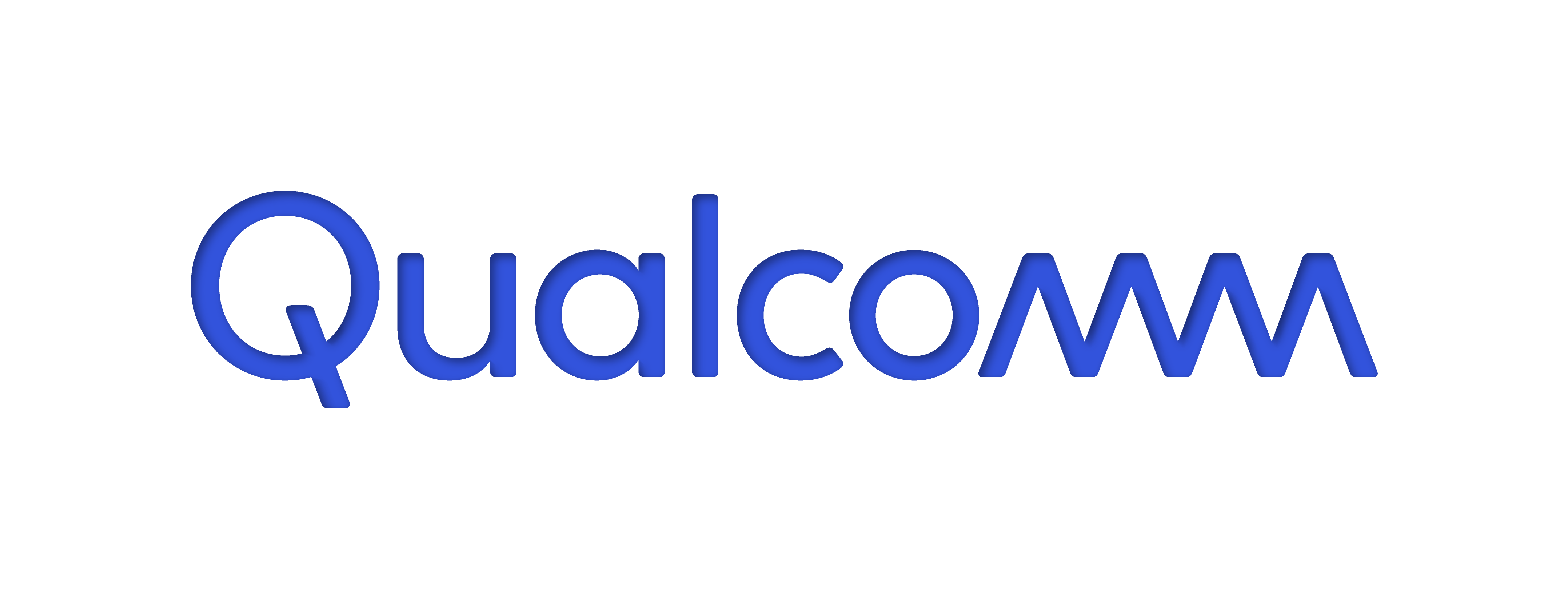Smart Water for Public Health in Mexico

The only source of drinking water in the Yucatán Peninsula is an aquifer system that’s highly vulnerable to contamination from human activities. Unfortunately, the public’s understanding of water quality in the region and what they can do to prevent water contamination has been limited. Water authorities have been relying on water quality measurements that are labor-intensive and prone to human error, and they haven’t made the results readily available to the public, potentially putting the public’s health at risk.
Wireless Reach, in collaboration with s::can; the Junta de Agua Potable y Alcantarillado de Yucatán (JAPAY), Yucatán’s public water authority; the Social Intelligence Unit; Grupo LAN; and Colectividad Razonatura launched the Smart Water initiative to improve drinking water quality in Mérida, the largest city in Yucatán state, and by extension, public health.
Smart Water uses a 4G wireless network, smart sensors powered by our Company’s wireless technology and the Dime H2O mobile application developed to continuously monitor the city’s water quality and provide water administrators with instant access to accurate, real-time data. The IoT based system sends alerts to JAPAY when water quality parameters are out of range, enabling immediate corrective action.
The initiative also features an education campaign. Members of 100 households in the Dolores Otero neighborhood were provided smartphones enabled by our technologies and the Dime H2 O app to access engaging multimedia content about how to prevent water contamination caused by human activities. The citizens also learn how to report problems such as water leaks and how to improve water stewardship. They can also use the app to access the Water Quality Index for the aquifer system serving their community.
Early results of Smart Water included operational efficiencies, more effective management of water pollutants and increased public knowledge of water quality:
- 2,000 more measurements were collected by JAPAY personnel in 80 percent less time during a three-day collection period.
- 88 percent of Water Quality Index measurements were within Mexican water quality standards.
- Nearly 100 percent of household representatives reported an increase in confidence in their water quality knowledge after participating in the water education campaign activities.

